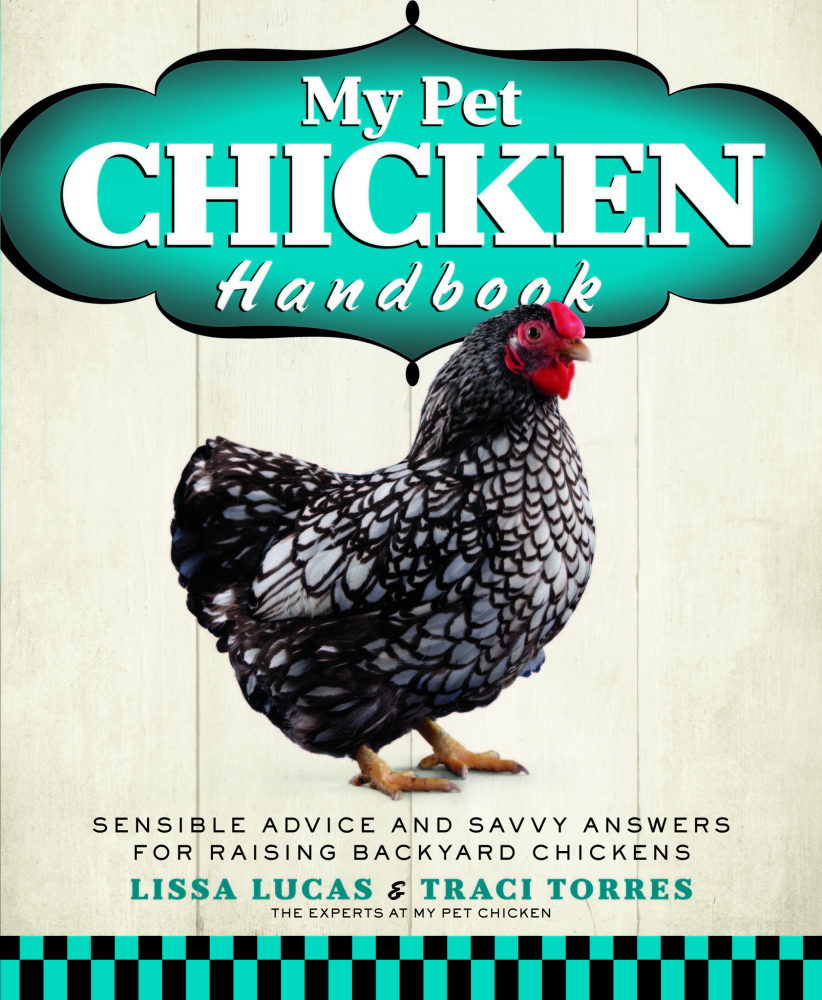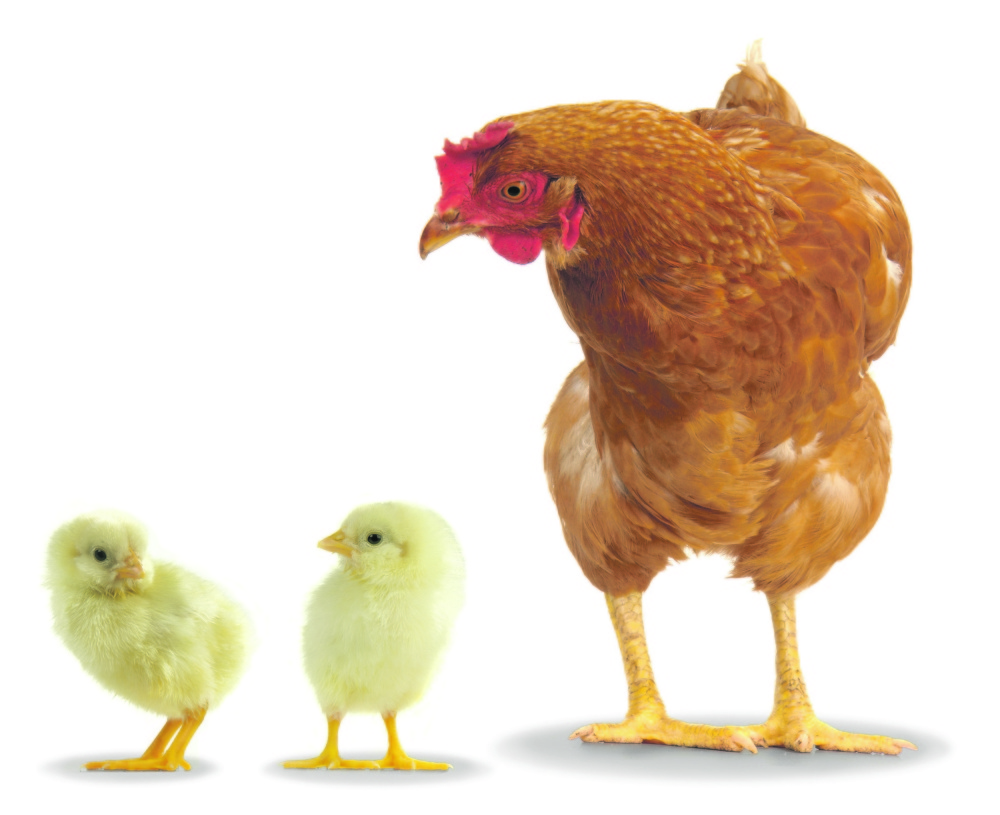In their new book, “My Pet Chicken Handbook: Sensible Advice and Savvy Answers for Raising Backyard Chickens” (Rodale, 246 pages, $17.99), chicken experts Lissa Lucas and Traci Torres of the online resource My Pet Chicken have assembled an informative insider’s guide to raising chickens at home.
“My Pet Chicken Handbook” teaches just about everything you need to know to manage your own flock at home. We recently asked Lucas and Torres about what people most want to know about chickens.
Q: Chickens are popular right now. Why?
Lissa Lucas: People want to have a hand in producing their own food. They want to know where it’s coming from. They want to decide if their birds are vaccinated or not, what they want to feed them or if they want to give them access to pasture. There’s also a desire to reduce the reliance on factory hens. It costs more to have hens, but people are willing to pay to have really delicious eggs that they feel good about.
Traci Torres: We polled our customers, and the No. 1 reason people say they have chickens is because chickens are awesome pets.
Q: What is a common mistake?
Torres: I would say the No. 1 mistake is not making an investment in a quality chicken coop. Anyone can buy or make a $250 to $300 chicken coop, but what happens when it rains or snows or you want to go out to dinner and you can’t put them back in?
If chickens are inside for prolonged periods of time, they are going to go crazy and peck at one another. A covered run area with a roof will keep rain and snow out.… In terms of being able to go out to dinner or on vacation, you can install an automatic coop door that opens in the morning and at night. Chickens will let themselves back in. If you take the time to think it through and plan upfront, you’ll be much better off.
Q: How do you decide on a number for your flock?
Lucas: It really depends on the breed. People may get six Polish chickens that only lay two eggs a week.… If you get a high-production chicken, you may only need six hens.
If you want some interesting birds, you may end up getting 15 chickens and some beautiful birds to look at.
Torres: I recommend that people build bigger than they think they need because chickens are shockingly addictive. People love their chickens, and there are so many new breeds – some that lay green eggs, chocolate brown eggs, olive eggs.
However many (chickens) people think they want, they’re going to want to add fresh birds to their flock.
Q: What is the most frequently asked question on your website?
Lucas: Whether you need roosters around to lay eggs. That’s a neophyte question. And the answer is no.
Torres: The No. 1 question is “How long do hens lay eggs?” The second most popular question is “How long do they live?” (Backyard chickens commonly live eight to 10 years, though sometimes longer, and lay fewer eggs as they get older.)
So people seem to want to know how many years they are going to have this animal that doesn’t lay eggs.
Q: Touching on that, what do you do with older birds once they have stopped laying eggs?
Lucas: If you ever hatch your own chicks at home, the older hens are the ones who have been around for many seasons and they know what to expect. They know where the shade is. They can teach your younger hens and maintain a more stable flock structure.
They can teach the young birds where to get the best treats. When a certain season arrives, they will line up against a wall of high grass like a chorus line of chickens and start eating the seeds.
Copy the Story LinkSend questions/comments to the editors.




Success. Please wait for the page to reload. If the page does not reload within 5 seconds, please refresh the page.
Enter your email and password to access comments.
Hi, to comment on stories you must . This profile is in addition to your subscription and website login.
Already have a commenting profile? .
Invalid username/password.
Please check your email to confirm and complete your registration.
Only subscribers are eligible to post comments. Please subscribe or login first for digital access. Here’s why.
Use the form below to reset your password. When you've submitted your account email, we will send an email with a reset code.